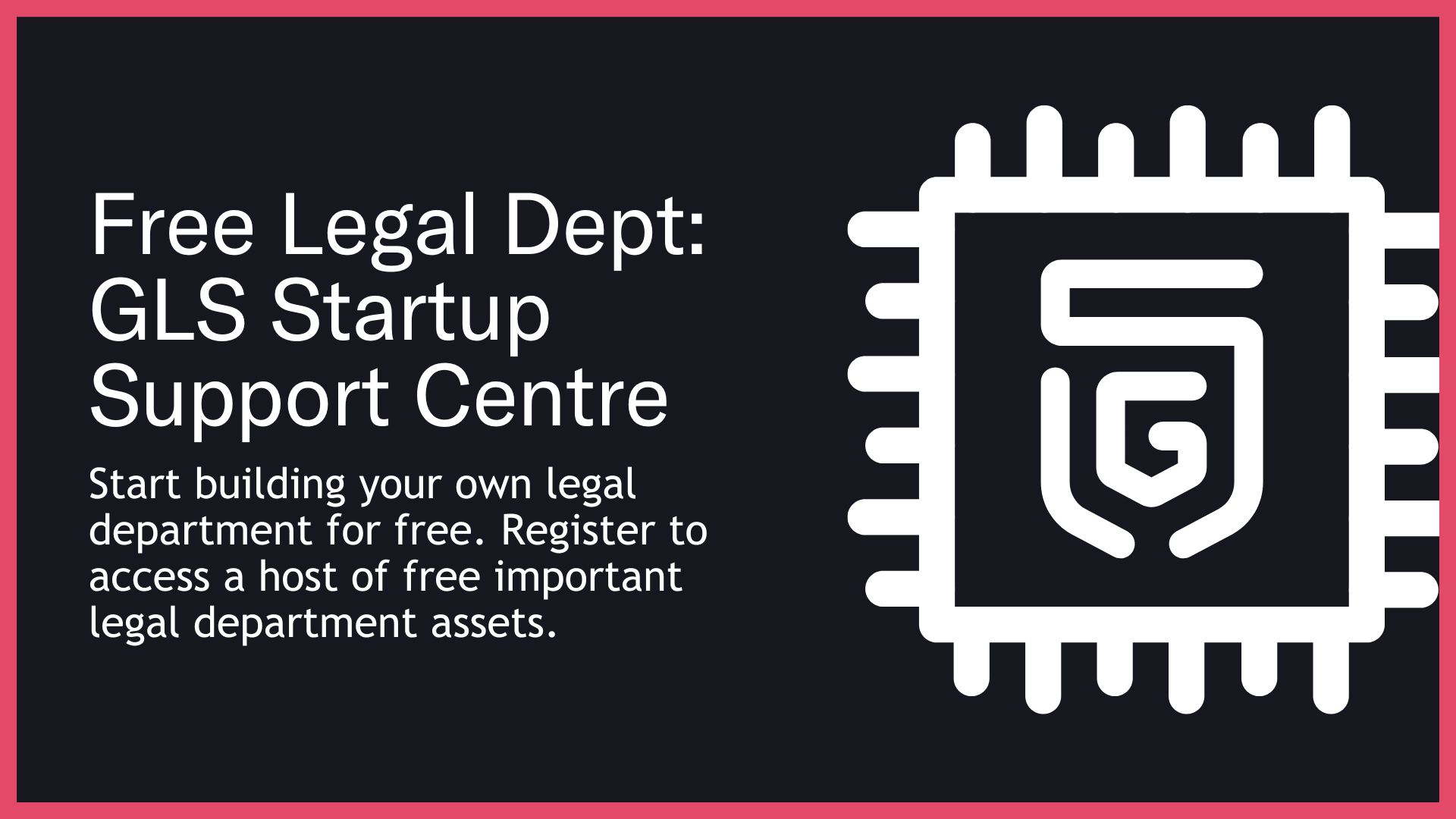GLS Legal Support Centre
Legal Made Easy For Startups
Back
Regulatory Environment Surveys
Introduction
“You can’t disrupt the market if you’re shut down before launch.” – Matt Glynn
In the start-up world, a brilliant idea means nothing if it can’t make it past the regulatory gauntlet. From permits to licenses to industry-specific compliance, the rules that govern your business aren’t just formalities -they’re survival requirements.
Too many founders see compliance as “red tape” that can wait. The reality? You could spend years building a product, only to find you can’t legally sell it -or worse, that compliance costs will destroy your margins.
The Regulatory Environment Survey phase is about identifying those barriers before you commit serious resources. Done right, it’s a proactive shield against fines, shutdowns, and credibility damage. Done poorly -or not at all -and you may never even get to market.
Why Getting This Right Really Matters
The Regulatory Environment Survey stage is critical in the start-up journey because it ensures:
◼️Legal Compliance – Your business is lawful from day one.
◼️Licensing Clarity – You know exactly what permits, licenses, or accreditations you require.
◼️Market Access – You avoid restrictions that could block your chosen market.
◼️Cost Awareness – You understand compliance costs and can build them into your pricing.
◼️Risk Mitigation – You reduce the risk of fines, forced closures, or legal disputes.
◼️Investor Confidence – You show potential backers that due diligence is already done.
◼️Scalability Planning – You identify regulatory hurdles in expansion markets before you commit.
◼️Competitive Advantage – You move faster than rivals stuck scrambling for compliance.
Consequences of Not Addressing This Issue
Legal Implications
◼️Regulatory Breaches – Operating without required licenses or permits can lead to fines or shutdown orders.
◼️Contract Voids – Contracts may be unenforceable if the activity is unlawful.
Founder Relationship Issues
◼️Internal Conflict – Surprise compliance costs cause tension over budget allocation.
◼️Blame Game – Founders argue over who failed to check the rules.
Commercial Implications
◼️Launch Delays – Missing approvals stalls market entry.
◼️Killed Ideas – Regulatory bans can make your business model impossible.
Operational Implications
◼️Cost Blowouts – Retrofitting compliance is far more expensive than early planning.
◼️Process Overload – Teams collapse under unexpected regulatory admin.
Business Valuation Issues
◼️Investor Skepticism – Unclear compliance status can lower your valuation.
◼️Sale Barriers – Acquirers avoid taking on legal liabilities.
What You Should Be Doing
1. Map Your Regulatory Landscape
◼️Identify industry-specific laws, permits, and licenses.
◼️Review local, state, and federal requirements.
2. Engage Regulatory Experts
◼️Consult legal advisors early.
◼️Leverage government business advisory services.
3. Assess Compliance Costs
◼️Build these into your financial projections.
◼️Test if your pricing model still works with compliance factored in.
4. Plan for Ongoing Compliance
◼️Create processes to maintain approvals and certifications.
◼️Assign responsibility to specific team members.
5. Benchmark Internationally
◼️If expanding globally, understand the regulatory differences in each target market.
The above are just a few of the steps you can consider taking. There are many more things that need to be done to ensure the associated risks are effectively and pragmatically dealt with.
How These Risks Can Play Out – Case Studies
Case Study 1: The Café That Never Served a Coffee
In Australia, a group of friends leased a prime-location café site without checking hospitality regulations. They didn’t realise local law required costly kitchen upgrades, food safety certifications, and multiple inspections before opening. With rent due and no operational clearance, funds ran out before the first customer ever walked in. Lesson: in some jurisdictions, even boiling water for sale comes with a compliance checklist.
Case Study 2: The Medical Device Block
A start-up developed an innovative wearable health tracker, assuming it was “consumer tech.” Post-launch, regulators classified it as a medical device, triggering extensive testing, certification, and registration. It took 18 months and $750,000 to comply -by then, their market advantage was gone.
Case Study 3: The Export Ban Surprise
A SaaS provider signed contracts with overseas clients, unaware that their encryption software fell under export control laws. Without the right permits, they lost a high-value deal and damaged investor confidence.
Final Thoughts
Great ideas don’t exist in a vacuum - they operate in regulated markets. The earlier you understand your obligations, the less likely they’ll become fatal barriers. Many start-ups don’t fail because their idea was bad - they fail because they couldn’t meet the rules.
How GLS Can Help You
GLS can help you navigate the legal and compliance minefield of the Regulatory Environment Survey stage, including:
◼️Conducting comprehensive regulatory audits for your sector.
◼️Identifying licensing and permit requirements at all jurisdictional levels.
◼️Providing compliance cost forecasting for your financial plan.
◼️Drafting applications for permits, accreditations, and regulatory approvals.
◼️Advising on international regulatory requirements for market expansion.
◼️Implementing compliance management systems to ensure ongoing readiness.
Useful GLS Resources for Start-Ups:
◼️GLS Start Up Centre
◼️GLS Knowledge Hub
◼️GLS Support Plan
◼️GLS Legal On Call™ – Free Trial
◼️Book a Complimentary Consultation
GLS Start Up Clinic – join our next pro bono legal clinic.

